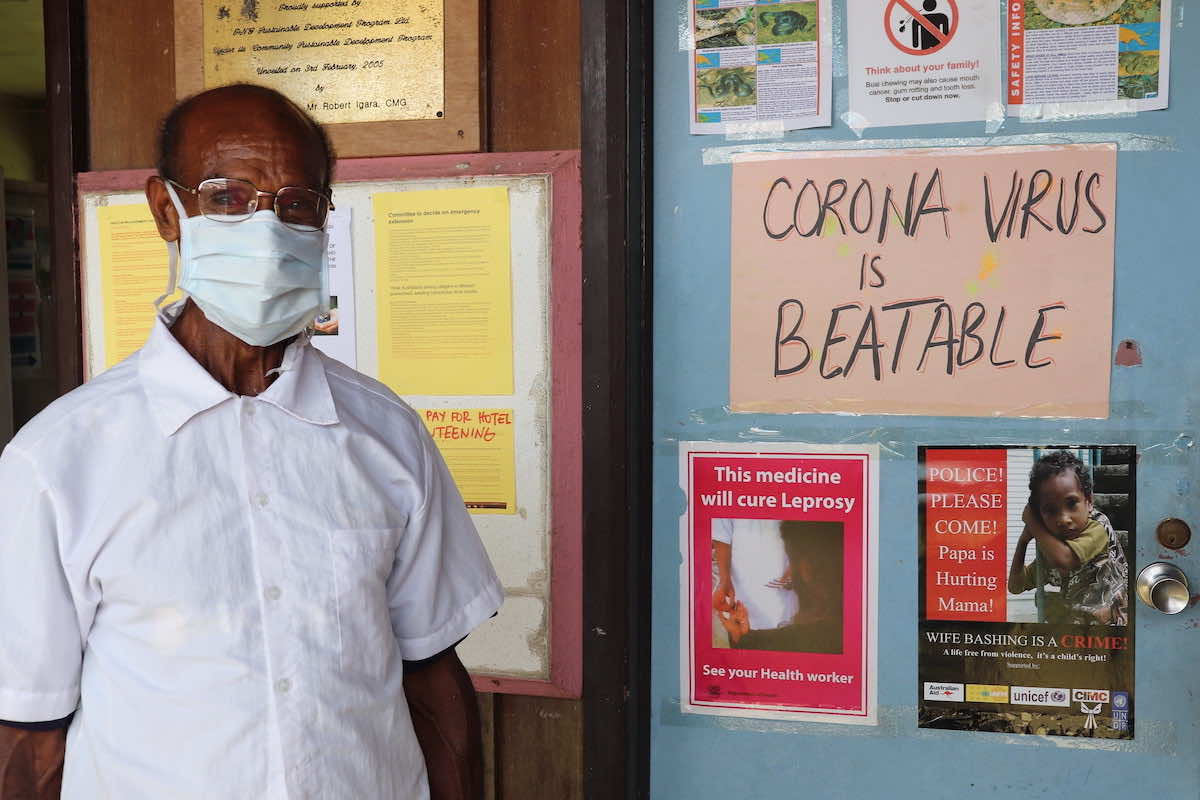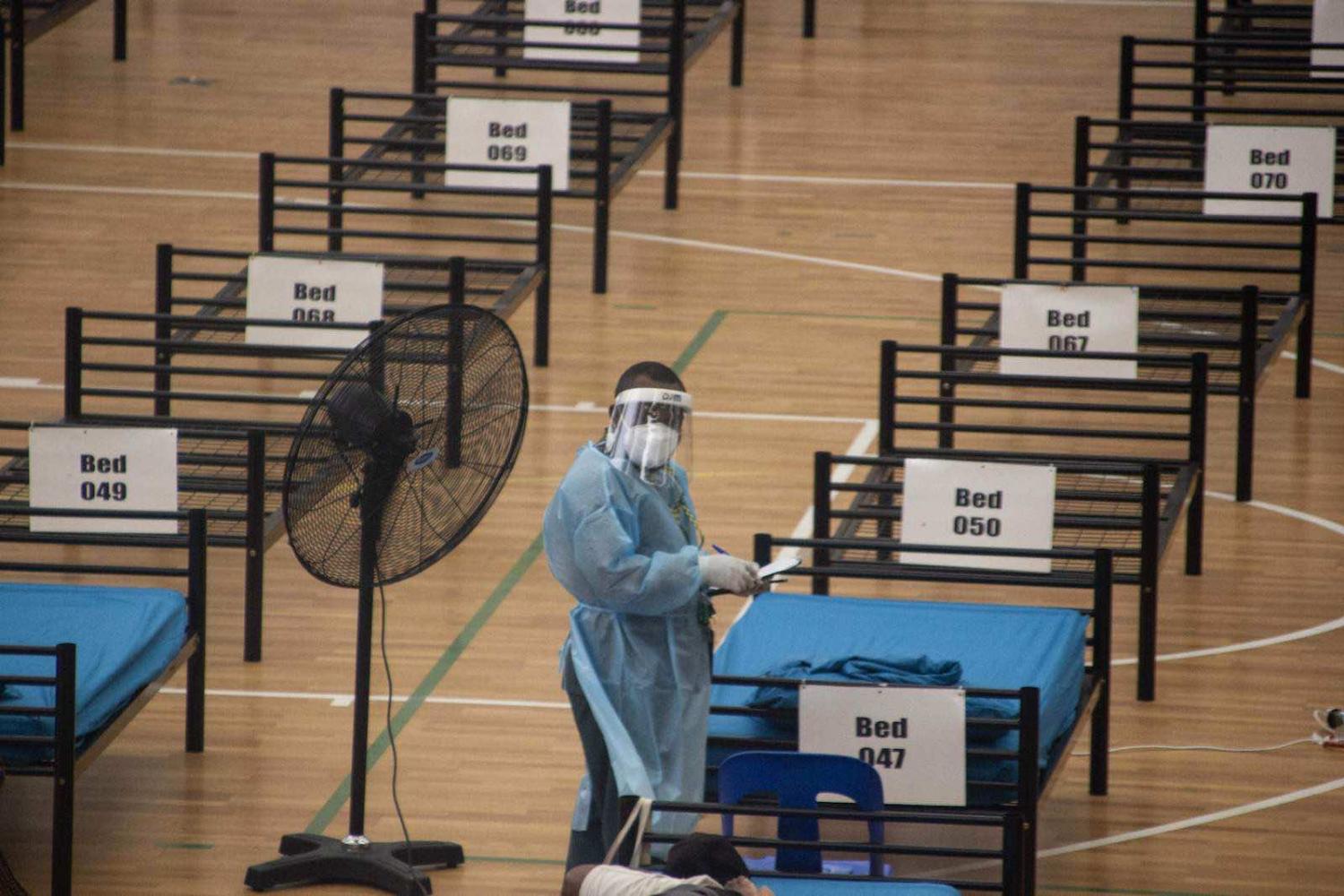The Delta variant of Covid-19 triggered a steady increase in the uptake of vaccinations across the Pacific. Countries recognised that high vaccination rates are critical for opening borders and reintegrating into regional and global economies.
There has also been a bump in demand for vaccines in Papua New Guinea, but with only 187,138 vaccinated from a population of roughly 9 million – 10 per cent of the government’s target for 2021 – it lags far behind its neighbours.
While countries such as Fiji are now focused on economic recovery and look forward to returning international visitors, PNG is struggling to cope with a humanitarian crisis.
Provincial border lockdowns are beginning to drive food prices higher as they disrupt supply chains. The longer it takes to get the country vaccinated, the longer it will have to wait before it can fully participate in international trade and investment.
An effective information campaign should be paired with tangible incentives, which could be in the form of consumables, vouchers or even phone credit.
PNG was already susceptible to the health and economic shock of Covid-19 due to lack of reach of health systems and governance that relies more on individual community self-sufficiency than coordinated national service delivery. This vulnerability is not unique to PNG, but poor vaccine uptake and hostility to vaccination drives in some communities belies a pernicious level of vaccine hesitancy across the country. There have also been attempts to mobilise the public against government agencies restricting their services to those with vaccination certificates.
Widespread non-vaccination provides the underlying conditions for rapid further spread of Covid-19. This in turn increases the odds of new variants emerging, and could trigger future surges of cases, again requiring acute humanitarian responses and further delaying crucial economic recovery. The coming disaster season may compound these pressures.
The prevalence of Covid-19 in communities outside regional centres is fiendishly difficult to quantify, but its impacts across the country will become visible over time in the form of accelerated sliding down economic and social indicators.
Why then is vaccine hesitancy so high in PNG compared to its neighbours?
Complacency and misinformation have been blamed for the slow vaccine uptake. Without mandatory vaccinations, the PNG government must convince the population to get vaccinated. But low levels of public trust in politicians and public institutions diminish the impact of official campaigns.
And with only half of parliamentarians themselves vaccinated, official information campaigns will continue to have little traction with a sceptical public.
There has been an uptick in vaccine demand as Delta shocks the country. Much like in Australia, perhaps the outbreak will jolt more people in PNG out of complacency. But those segments of the population that are actively resistant to vaccination will undermine this momentum and we may see a tapering-off of demand that will stymie government efforts to reach its vaccination targets. The broader context is one of falling immunisation rates in the country.
While politicians’ views are gradually shifting towards acknowledgement of the threat posed by the Delta variant, the damage to the public’s perception of the safety of vaccines has already been done. Australian leaders themselves were faced with plummeting confidence in AstraZeneca as debates played out in the media, which contributed to hesitancy and “vaccine-shopping”, even while millions were under strict lockdown. Allaying public concerns is much harder to do than stoking fears.

Misinformation around Covid-19 and vaccine safety is a challenge faced by leaders and health authorities globally. In PNG, exaggerated dangers and narratives that are complete fabrications intended to discourage vaccine uptake have gained a foothold among a population already distrustful of its leaders and wary of outside intervention.
How is it that lack of access to communications infrastructure hamstrings the reach of public health advice, while misinformation on the same platforms used by official campaigns quickly gains traction and spreads faster than it can be taken down? Is it the medium, or the message? The truth may lie somewhere in between: not enough of the right messages are reaching communities, and when they do, they are not effective. Even campaigns led by local and recognisable vaccine champions also struggle to gain traction in the face of salacious conspiracy theories.
Campaign messaging should be bold and impactful, and must resonate with communities to overcome concerns around the safety of vaccines. The warning signs have been evident.
An effective information campaign should be paired with tangible incentives, which could be in the form of consumables, vouchers or even phone credit.
Health workers raising awareness or administering vaccines should be accompanied by security on a risk-assessed basis.
Australia is the largest donor to PNG, but the aid program is geared to deliver assistance by partnering with PNG government counterparts and institutions, not to shape public opinion. Australia should continue to ensure access to vaccines and deploy medical assistance teams to administer them as needed.
Increasing public demand for vaccines in PNG is the key to improving the country’s economic prospects and mitigating the social and economic damage wrought by Covid-19. That is a task that goes well beyond what Australian aid alone can achieve.

